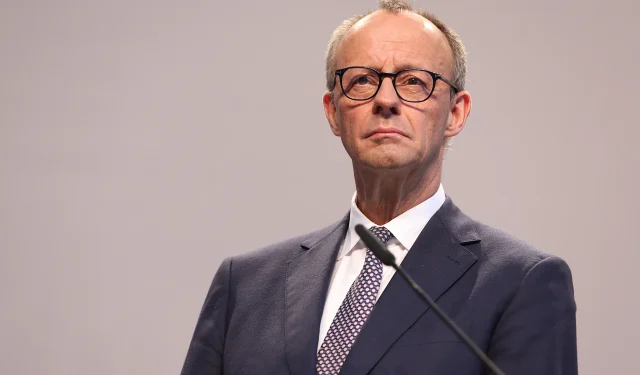New Initiatives to Support Germany’s Film and TV Industry
The newly formed German government has made a firm commitment to revitalizing the local film and television sector. This move includes plans to enhance production tax incentives and implement investment requirements for international streaming services operating within Germany.
On Wednesday, the incoming administration, led by prospective Chancellor Friedrich Merz, revealed these initiatives as part of a coalition agreement between his Conservative CDU party, along with the CSU and SPD. Notably, this coalition outlines a robust strategy aimed at boosting the nation’s film industry, incorporating suggestions from key industry stakeholders.
Boosting Local Productions with Tax Incentives
Endorsed by various professional organizations, including the Film Academy, the production alliance, and the directors’ and screenwriters’ associations, the proposals suggest establishing a minimum tax incentive of 30% for local productions. Furthermore, global streaming platforms could be required to invest up to 25% of their revenues generated in Germany into domestic content. Notably, major streaming corporations have expressed concerns regarding any legislative mandates for obligatory investments in local projects.
The Challenges Facing the Industry
Germany’s film and television industry is currently facing significant challenges. According to a recent survey conducted by the production alliance, 80% of its members are experiencing financial difficulties. Additionally, theater admissions dropped by 5.8% last year, totaling 90.1 million, a decline that outpaces many other Western European markets. Domestic films captured a mere 20.6% of the market share, reflecting a concerning decrease of 3.7%. Television revenue has also seen a downturn, exacerbating the industry’s woes.
In a positive development, last year’s outgoing government passed a revised film funding law, ensuring continued financial support for local productions. Such subsidies are considered essential for the survival of German filmmaking. However, compromises made with the Conservative party removed provisions that would have enforced diversity, gender equality, and anti-discrimination standards across all German film projects.
Industry Leaders Weigh In
The coalition agreement has been met with optimism from industry leaders. Björn Böhning, managing director and spokesperson for the production alliance, remarked, “The coalition agreement is good news for the industry – the messages are encouraging.” He emphasized that producers have long sought the combined introduction of tax incentives and investment requirements. Böhning pointed to France’s successful model, highlighting how similar policies have attracted investments, curtailed profit outflow, and fortified the domestic production ecosystem.
As the German government embarks on this revitalization journey, the eyes of the film industry are keenly watching how these proposed measures will unfold and potentially reshape the landscape of German cinema.


